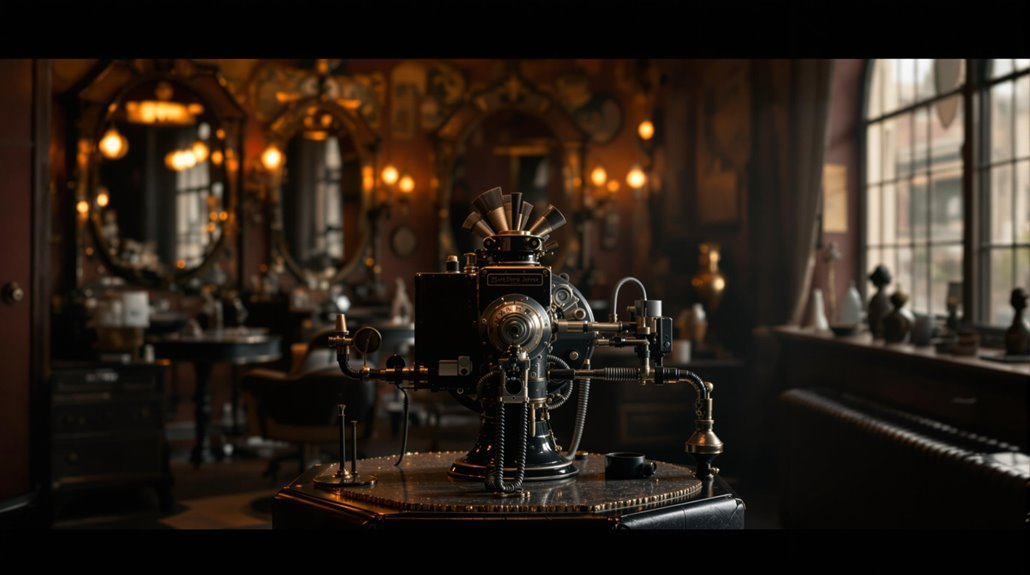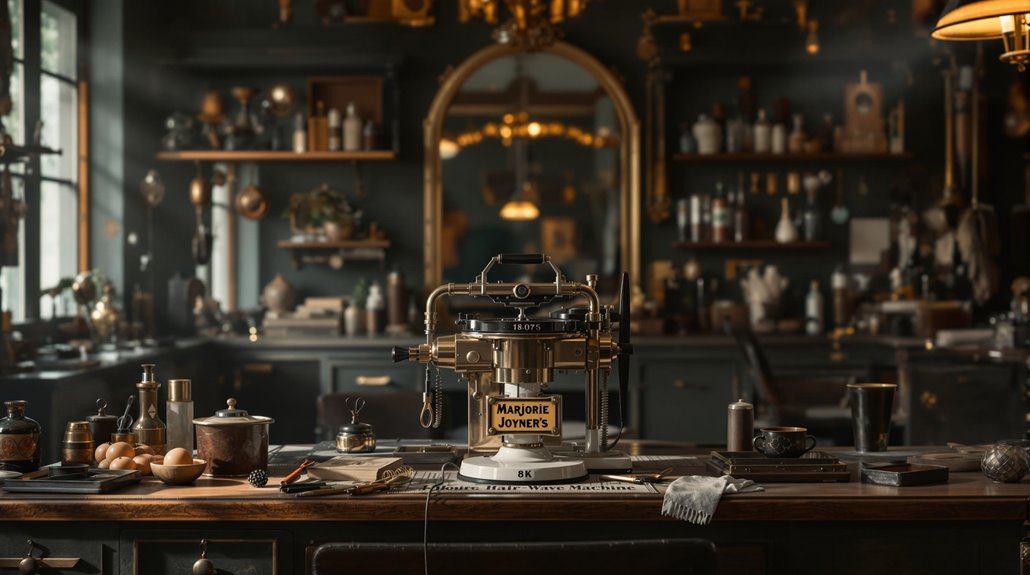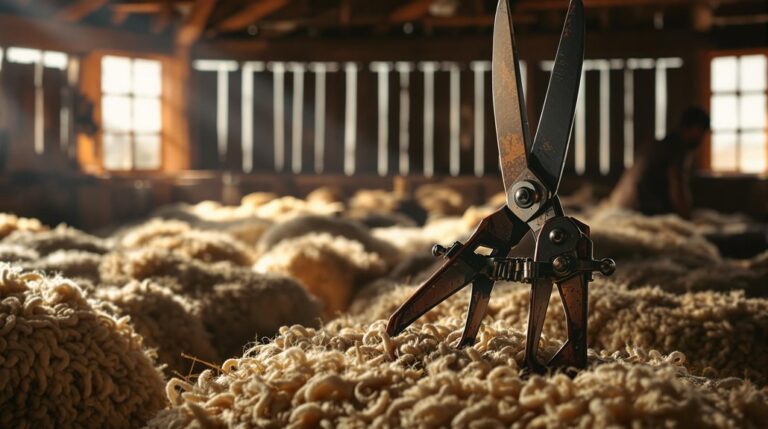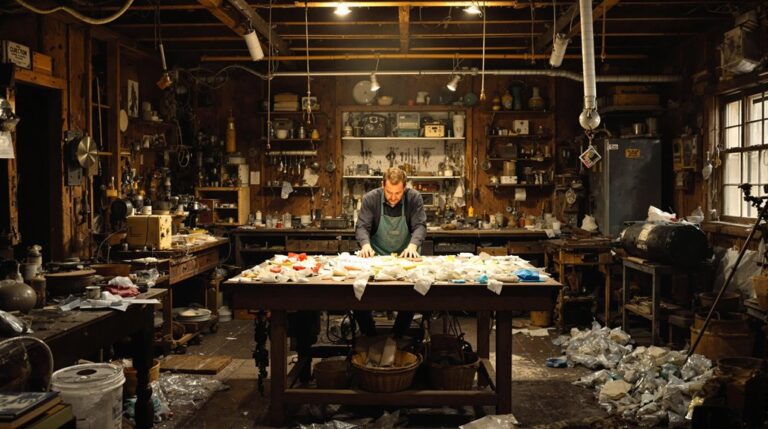Marjorie Joyner’s Hair-Wave Machine: Beauty Secrets That Sparked a Harlem Craze
Like ripples spreading across a still pond, Marjorie Joyner's Hair-Wave Machine transformed the landscape of African American beauty culture in the 1920s. You've probably heard about the Harlem Renaissance's art and music, but you haven't gotten the full picture until you've discovered how this remarkable invention revolutionized style and entrepreneurship. It's a story of inspiration sparked by pot roast, determination fueled by necessity, and innovation that changed the face of American beauty forever.
The Innovative Mind Behind the Beauty Revolution
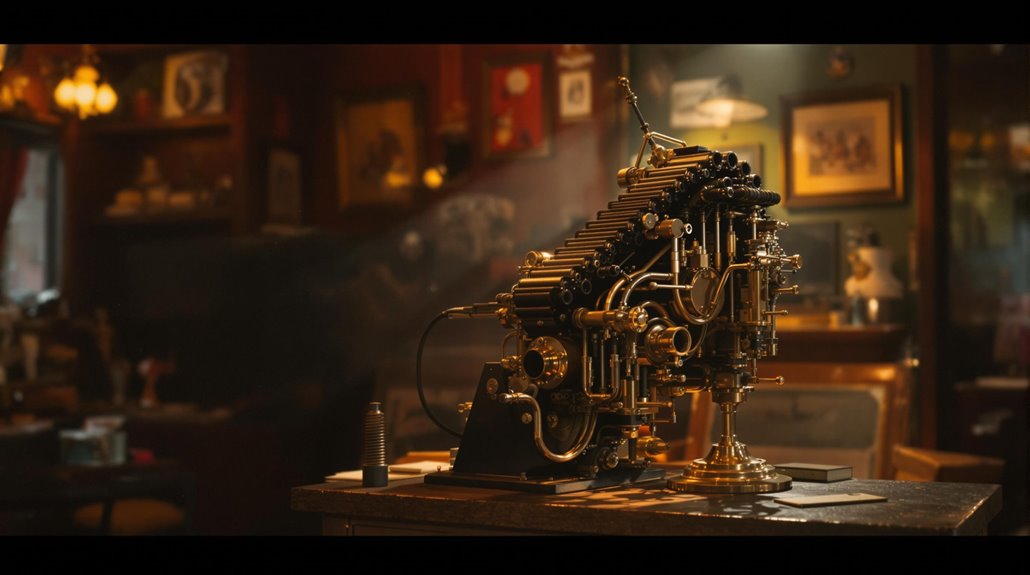
Despite her humble beginnings as the granddaughter of a slave, Marjorie Stewart Joyner emerged as a pioneering force in the beauty industry during the early 20th century.
After becoming the first African American graduate of Chicago's A.B. Molar Beauty School in 1916, she quickly established herself as a beauty entrepreneurship icon by opening her first salon.
You'll find Joyner's innovation impact most evident in her groundbreaking 1928 invention – the permanent wave machine. Her creation, which earned U.S. Patent #1,693,515, revolutionized hair styling for both Black and white clients.
As national supervisor for Madam C.J. Walker's empire of 200 beauty schools, she shared her expertise with roughly 15,000 stylists throughout her career. Her dedication to education led her to help write Illinois' first cosmetology laws in 1924.
Her inventive spirit didn't stop there – she also developed a scalp protector that made the permanent wave process more comfortable for clients. The inspiration for her revolutionary device came while she was watching a pot roast cooking, leading her to experiment with similar rods and heating methods for hair styling.
From Kitchen Inspiration to Patent Success
While preparing a pot roast in 1928, Marjorie Stewart Joyner's culinary routine sparked an ingenious idea that would transform the beauty industry. As she watched the long rods heat her roast from the inside, she envisioned a revolutionary way to create permanent curls in hair, turning a simple kitchen innovation into a groundbreaking beauty evolution.
You'd be amazed to learn how Joyner transformed 16 pot roast rods into her first prototype, attaching them to a hair dryer hood.
Though initially uncomfortable for users, she refined the design by adding scalp protectors and tested it extensively in her salon. Her breakthrough came after she graduated from A.B. Moler Beauty School as their first African American student. The invention became a cornerstone of the largest African American company at the time.
Her persistence paid off when she received U.S. Patent #1,693,515 for her permanent wave machine, marking a significant milestone as she assigned the rights to Madame C.J. Walker Cosmetic Company.
Engineering a New Era in Hair Styling
After months of meticulous engineering, Joyner's hair-wave machine emerged as a technical marvel that would transform salon operations forever.
Her revolutionary hair technology connected 16 rods to a single electrical cord, operating under a hood-like structure that efficiently "cooked" curls into place.
You'd find this innovation particularly remarkable for its salon efficiency – it could process multiple clients simultaneously while protecting their scalps from discomfort.
The machine's versatility meant you could achieve both permanent waves and temporary styles, regardless of your hair type.
Building upon Karl Nessler's earlier design, Joyner's device combined heating and shaping functions into one streamlined unit.
Whether you wanted to straighten tightly curled hair or create lasting waves, this groundbreaking invention delivered consistent results that would hold for days. Inspired by watching her husband cook with a pot roast rods, Joyner conceived the idea of applying similar heating principles to hair styling.
Breaking Barriers in Beauty Education
Throughout her remarkable career, Marjorie Stewart Joyner shattered racial barriers in beauty education, beginning with her groundbreaking graduation from A.B. Molar Beauty School in 1916 as its first African American graduate.
Her collaboration with Madam C.J. Walker led to overseeing a vast network of beauty schools across the nation. You'll find Joyner's commitment to diversity inclusion reflected in her role supervising 200 Walker Beauty Schools and training 15,000 stylists. Her innovative hair-waving machine patent in 1928 revolutionized the teaching curriculum in these schools. She established innovative mentorship programs through the United Beauty School Owners and Teachers Association and Alpha Chi Pi Omega Sorority and Fraternity.
Her influence extended beyond the classroom, as she helped draft Illinois' first cosmetology laws in 1924.
Even at 77, Joyner's thirst for knowledge led her to earn a psychology degree from Bethune-Cookman College. She organized educational trips worldwide and remained an active educator until her death in 1994, leaving an indelible mark on professional beauty education.
A Legacy That Shaped Modern Cosmetology
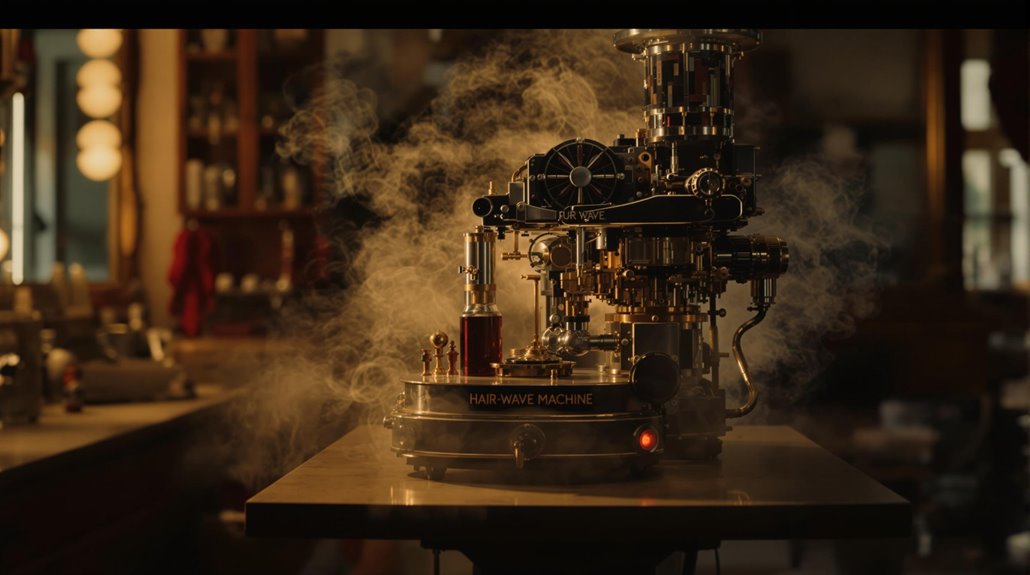
As a pioneering force in the beauty industry, Marjorie Stewart Joyner's 1928 permanent wave machine transformed modern cosmetology. Her entrepreneurial spirit and innovative approach revolutionized hair styling techniques, setting new standards that you'll still find in today's salons. She drew inspiration after watching her mother cook, using pot roast rods to create her revolutionary hair styling device.
The cultural impact of Joyner's work extends far beyond her invention, as evidenced by:
- Recognition in the Smithsonian Institution's 1987 exhibit showcasing her groundbreaking device
- Her 2023 induction into the National Inventors Hall of Fame
- The empowerment of countless African American women entrepreneurs in the beauty industry
- The continuing influence of her techniques on contemporary salon practices
You can trace many modern hair care innovations back to Joyner's legacy, which remains a tribute to her visionary contributions to professional beauty standards and practices.

